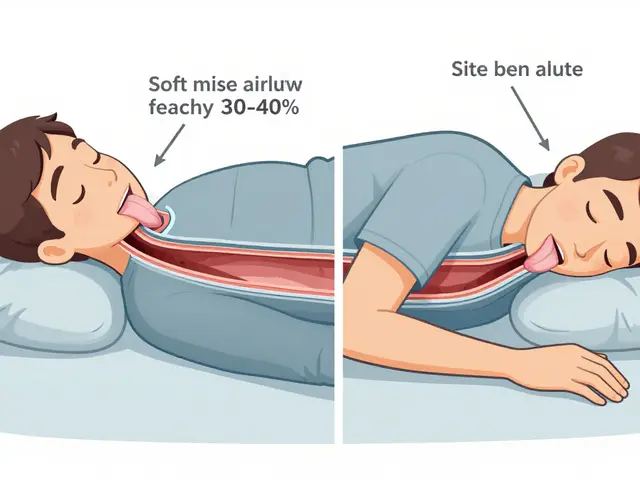Biologics: What They Are and Why They Matter
Biologics are medicines made from living cells, not simple chemicals. Think monoclonal antibodies, some insulins, vaccines, and recombinant proteins like epoetin. They treat conditions that older pills often can’t touch—autoimmune diseases, cancers, rare disorders. Because they’re large, complex molecules, they behave differently in the body and need different handling.
How biologics differ from regular drugs
Small-molecule drugs are made by chemical synthesis and are identical molecule-to-molecule. Biologics are produced in living systems, so tiny variations can matter. That’s why biosimilars exist: they’re close copies but not exact clones. Regulators like the FDA and EMA approve biosimilars after studies prove they work the same way and are safe. If your doctor suggests switching to a biosimilar, ask about monitoring and any reported differences for your condition.
Practical safety and storage tips
Most biologics need cold storage. Keep them in the fridge, usually 2–8°C, and avoid freezing. If you travel, use an insulated cooler and a log of temperature exposure. If a vial or pen was accidentally frozen, check with the pharmacy—don’t guess. Many biologics are injectables: learn the injection technique from a nurse or pharmacist, and use proper sharps disposal containers.
Side effects can range from local irritation to immune reactions or infusion reactions for IV drugs. Labs often need to be monitored—liver tests, blood counts, infection screens—depending on the medication. Report any unusual symptoms quickly. If you’re on a biologic that suppresses the immune system, avoid close contact with people who have active infections and keep vaccinations up to date per your doctor’s advice.
Cost is a real concern. Many manufacturers run patient assistance or copay programs. Nonprofit groups and some clinics also offer help. Before switching or starting a biologic, ask the clinic’s financial counselor what options exist. Sometimes a biosimilar or a patient support program cuts your out-of-pocket cost a lot.
Buying biologics online requires extra caution. Always use a licensed pharmacy that requires a valid prescription. Confirm they can guarantee cold-chain shipping and provide tracking. Avoid offers with prices that look unrealistically low or sellers that don’t list a physical address or pharmacist contact. If in doubt, call your local pharmacy or the manufacturer to verify a seller.
Finally, stay connected with your care team. Biologics work best when dosing, lab checks, and side-effect tracking are coordinated. If you have questions about storage, substitution (biosimilar vs brand), or cost help, your pharmacist and specialist are the fastest routes to clear, practical answers.





